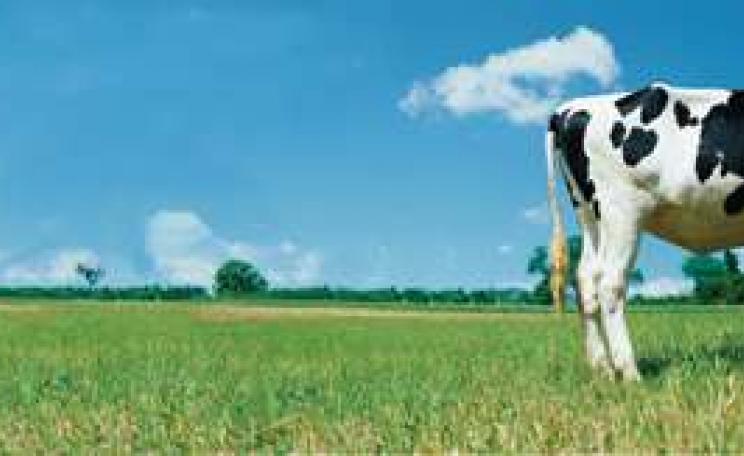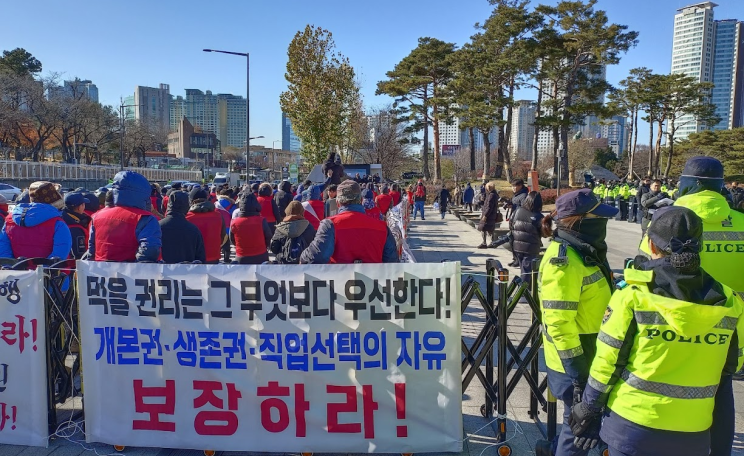Meat workers are poorly paid despite the disturbing, dangerous, uncomfortable nature of the work; they are frequently from migrant communities, and often forced to live in overcrowded conditions.
The explosion of Covid-19 around the world has shed light on many aspects of our economy and society, including the dark, carefully hidden corners in which abuses and exploitation have been allowed to thrive.
Boohoo’s place in the Leicester garment industry, the inadequate pay and awful conditions of nursing home staff, the essential place of couriers and supermarket workers in our continued existence, have been some of the most prominent.
But we’ve yet to see the full spotlight of media attention on the meat industry, where troubling realities have been forced forward but have yet to see full scrutiny.
Labour
There’s surely an important exposé to be done by undercover reporters embedded in abattoirs and food production facilities. Although there might be few individuals with the stomach for it.
Much of the focus has been on the direct link between the SARS-CoV-2 outbreaks and abattoirs (“slaughterhouses”). There’s a certain element of basic biology here – conditions being ideal for the survival of the virus – but the nature of the labour and the jobs is crucial too.
Workers are necessarily shoulder-to-shoulder on the high-speed production lines serving the mass production of factory farming in giant plants in which the business of slaughter has been concentrated. Social distancing could only happen with a massive reduction in production.
And these are noisy environments. When workers need to communicate, there’s no alternative but to shout mouth-to-ear, with the obvious risks.
But there’s a broader element. Meat workers are poorly paid despite the disturbing, dangerous, uncomfortable nature of the work; they are frequently from migrant communities, and often forced to live in overcrowded conditions. Often, as casual or contract workers, they have no reasonable financial provision to take time off when they’re sick, or to self-isolate if exposed to the virus.
Meat workers are poorly paid despite the disturbing, dangerous, uncomfortable nature of the work; they are frequently from migrant communities, and often forced to live in overcrowded conditions.
Respect
It wasn’t always like this. Unionisation and even valorisation of this work as essential and important, particularly in the early and mid-twentieth century, saw this always physically and mentally demanding labour once well-paid and respected.
I can remember this era in rural New South Wales in the 1980s, when the abattoir workers with whom I played squash were respected both for the difficulty of the work they did and the weight of the pay packet it brought in.
Now, however, particularly but not solely in the US (the Sydney Olympics being held on the site of a former city abattoir), the work has moved out of cities, been to a significant degree feminised, and handed over to migrant workers.
What’s also happened is not just the concentration of production in a handful of global companies, but a globalisation of supply chains in what is now a $1.4 trillion industry.
When Covid-19 threatened the closure of slaughterhouses in the US in March and April, President Donald Trump used defence legislation to force them to stay open in order to keep the nation fed. Trump ignored the fact that huge amounts of the US production was being exported.
Supply
A handful of multinational companies are treating the world as a single, giant supply chain, producing what’s purely a commodity.
It’s hard not to look back to the horsemeat scandal - an almost entirely European phenomena – and imagine how much larger in scale and potentially serious in health impact the next scandal might be.
The globalisation of the meat system is still proceeding apace. Earlier this month, the first shipment of cooked chicken meat from China reached the US, with uncooked chicken expected to follow before the end of the year. A sample shipment has already been sent. This despite the recent examples of food adulteration in China, and the risks of avian influenza.
The trade-off is that China has ended an effective ban on most US beef that dates back to the mad cow disease scandal. That hormone-laced beef, produced in feedlots that use antibiotics with careless abandon, is on the move east, just as the US hopes to see it soon flowing into the UK.
We’ve started to hear talk of “peak meat” – the damage done by factory farming in terms of food waste, the climate emergency, nitrogenous waste and human health putting a break on the expansion of consumption, maybe even leading to a decline. And then there’s the antibiotic resistance crisis, that I believe will be the first factor to drive an end to factory farming.
Ignorance
We're seeing an “affected ignorance” about factory farming and what happens in abattoirs. That true of both the animals killed in them, and the humans who often have little choice but to be those doing the killing.
I am reminded of Ursula Le Guin’s brilliant, wrenching short story, The Ones Who Walk Away from Omelas, and also of the essential place of apparently pointless phone sanitisers in the Hitchhikers’ Guide to the Galaxy. The ones who walk away might be saving themselves, as well as their moral position.
Our current food system, and primarily (but far from solely) its meat production, is built on the misery of some humans, as well as many millions of animals, and yet also presents a threat to the health of all of us. After Covid-19, ignorance is no excuse for avoiding that reality.
That raises a practical point on the UK Agriculture Bill, which has just finished its seven days of debate in the committee stage in the House of Lords: one of the key points of contention is defending the food and environmental standards inherited from the EU (far from perfect, but much better than those of the US).
The government has given way to enormous pressure to introduce a six-month Trade and Agriculture Commission to examine the issues, but the global food system is continually changing. How can this only be needed for six months?
This Author
Natalie Bennett is the Green Party peer.







